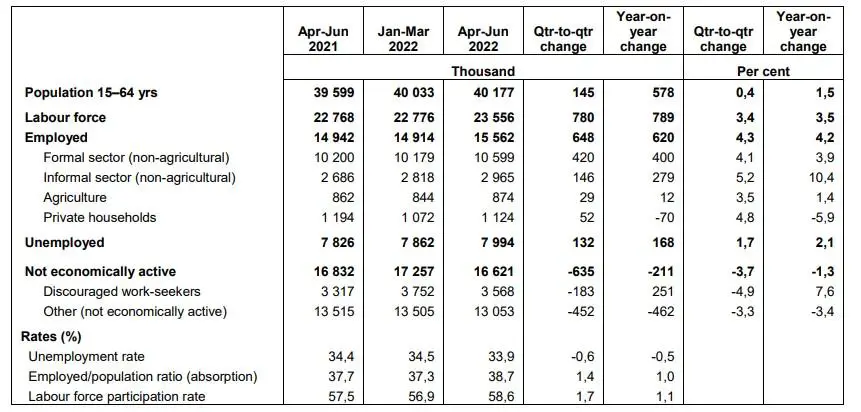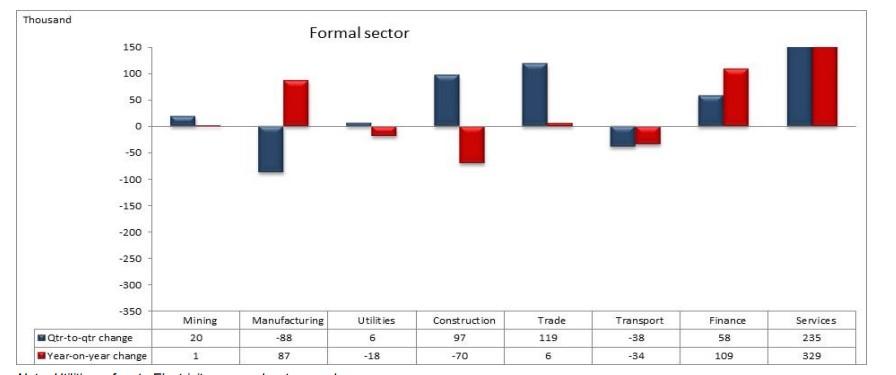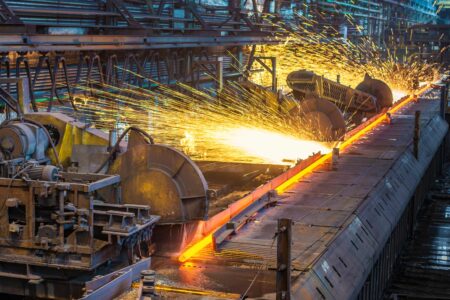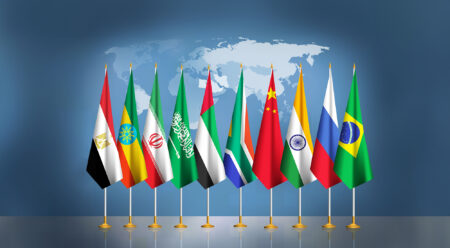With Eskom frequently implementing load-shedding throughout the country, businesses have lamented loss of productivity as a result of power blackouts.
Many South African companies are now deploying solar plants to power their operations in part to offset the electricity shortages the country is currently experiencing and also to reduce their carbon emissions.
- Heineken South Africa has taken steps in moving closer to reducing carbon emissions in all its operations, by launching a solar power plant at its Sedibeng, Midvaal brewery.
- The plant, which has an estimated lifespan of 25 years, has been undertaken in partnership with the Sola Group, a vertically-integrated provider of renewable energy solutions in South Africa.
- Telcos Vodacom and MTN recently installed solar panels at their respective headquarters in Johannesburg in a move aimed to limit their over reliance on struggling power utility Eskom too
Heineken has introduced solar at its facilities as South Africa continues to battle electricity shortages. The beer manufacturer launched a solar power plant at its Sedibeng, Midvaal brewery in a move aimed at reducing carbon emissions in all its operations.
Read: Heineken opens US$100 million first brewery in Mozambique
The plant, which has an estimated lifespan of 25 years, has been undertaken in partnership with the Sola Group, a vertically-integrated provider of renewable energy solutions in South Africa.
According to the brewer, the solar plant began producing power in May this year and is the largest freestanding solar plant powering a brewery in South Africa, and the largest within the Heineken Group.
The solar plant boasts 14 000 panels with an energy capacity of over 6.5MW providing 30 per cent of the brewery’s electricity demand. The 19ha project is expected to generate 17 000 MWh per annum.
“This project supports Heineken’s ‘Brewing a Better World’ goal reach to net zero status in all its production sites by 2030,” says Richard Kriel, Heineken’s engineering, strategic projects and sustainability manager.
Bottom line is the electricity produced by solar panels is clean, renewable and emission free. And while extracting and using fossil fuels is expensive and harmful to the environment, solar energy is free and readily abundant
Read: Can solar energy aid Africa’s quest to become a global power hub?
“It is the latest move made by the company, on its journey towards more sustainable brewing. The newly-installed solar plant follows a water reclamation plant unveiled at the same facility earlier this year.”
Kriel joined local dignitaries and project team members this week for a media launch event. He said that there are several key distinguishing features attached to this development.
“This will be the largest solar power plant in the Sedibeng municipality. Unlike many solar plants in South Africa constructed in parking lots or on roofs, or in a desert area, the Sedibeng brewery solar plant is built in a lush field covered with wild grasses.”
Heineken notes that this embedded grid-connected solar project incorporates single axis tracking technology that enables the panels to move with the rise and setting of the sun.
Single-axis tracking systems tilt on one axis, tracking the sun as it moves from east to west during the day.
A solar tracking system adjusts the position of a solar panel along an axis. This is done to ensure a small angle of incidence or the angle that sunlight hits a solar panel.
“Sola is proud to be associated with Heineken and their commitment to procuring clean, low-carbon energy. Embedded generation projects right at the source of consumption help in reducing the load on the electricity supply network without additional grid infrastructure upgrades,” says Dom Wills, CEO, Sola Group.
According to Heineken, the construction process took approximately seven months to reach completion and during this time, a total of 127 job opportunities were generated of which 100 were filled by people from the local Sedibeng community. This is good news for the community and people of South Africa.
The various job opportunities include technicians, construction teams, general workers and community members who attend to solar panel cleaning and vegetation control to maintain optimal performance.

According to Statistics South Africa (Stats SA) results of the Quarterly Labour Force Survey (QLFS) for the second quarter published on August 23, 2022, 648 000 jobs were gained between the first quarter of 2022 and the second quarter of 2022.
The biggest job gains were recorded in Community and Social Services (276 000), Trade (169 000), Finance (128 000) and Construction (104 000). However, there were job losses in Manufacturing (73 000) and Transport (54 000). The total number of persons employed was 15.6 million in the second quarter of 2022.

The results continue to show that youth remain vulnerable in the labour market. The second quarter of 2022 saw the total number of unemployed youth (aged 15-34) increase by 2.0 per cent (or 92,000) to 4.8 million from the first quarter. There was a noticeable increase of 7.2 per cent or 370 000 in the number of employed youth during the same period. The increase in both employment and unemployment among the youth resulted in a decrease in youth unemployment rate by 1.3 percentage points to 46.5 per cent in second quarter.
Meanwhile, Telcos Vodacom and MTN recently installed solar panels at their respective headquarters in Johannesburg in a move aimed to limit their over reliance on struggling power utility Eskom too.
Vodacom’s headquarters is expected to generate about 10.8GWh of its own power per anum, which it said is approximately 21 per cent of the site’s power requirements.
The company also signed a power purchase agreement with vendors, with a target for completion of a first phase of March 2023.
Phase 1 will deliver an energy generating capacity of two megawatt peaks (MWp), with this figure increasing to 6.5MWp in phase 2 and 3 of the project roll-out across the rest of the Vodacom Midrand campus.
Vodacom’s announcement came a week after rival MTN South Africa said it planned to install green-energy solutions at its head office in Fairland, west of Johannesburg.
MTN has issued a request for proposals that will see its headquarters become a “completely green office”, it said. The project will be implemented in four phases:
- Phase 1 facility: MTN’s 14th Avenue campus rooftop and solar carports in car parks
- Phase 2 facility: Ground-mounted solar on vacant land adjacent to the 14th Avenue campus
- Phase 3: Rooftop and ground solar at various other MTN facilities
- Phase 4: Off-site power wheeling from renewable energy providers
The preferred bidder for phase 1 should be announced in December 2022, according to MTN.
Read: Namibia Competition Commission sets conditions on Heineken’s acquisitions











